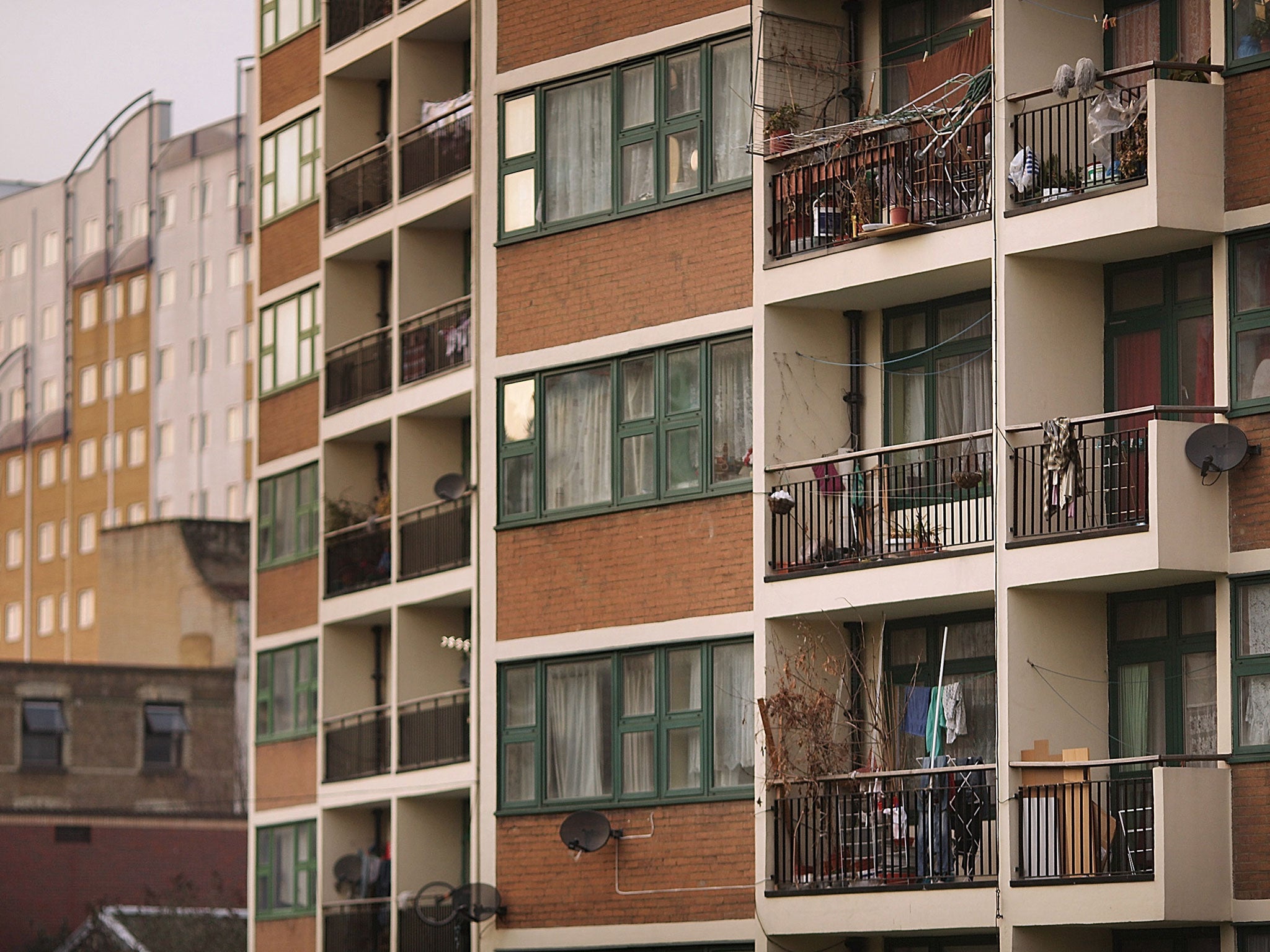UN to investigate impact of 'bedroom tax' on human rights of low-income households
Raquel Rolnik is on a two-week tour of UK cities where she will meet tenants affected by the policy

Your support helps us to tell the story
From reproductive rights to climate change to Big Tech, The Independent is on the ground when the story is developing. Whether it's investigating the financials of Elon Musk's pro-Trump PAC or producing our latest documentary, 'The A Word', which shines a light on the American women fighting for reproductive rights, we know how important it is to parse out the facts from the messaging.
At such a critical moment in US history, we need reporters on the ground. Your donation allows us to keep sending journalists to speak to both sides of the story.
The Independent is trusted by Americans across the entire political spectrum. And unlike many other quality news outlets, we choose not to lock Americans out of our reporting and analysis with paywalls. We believe quality journalism should be available to everyone, paid for by those who can afford it.
Your support makes all the difference.The impact of the so-called “bedroom tax” on the human rights of low-income households is being examined by a senior United Nations official.
Special Rapporteur on housing Raquel Rolnik is on a two-week tour of UK cities where she will meet tenants affected by the policy as well as officials, campaigners and academics.
Under the Government's welfare reform, social tenants deemed to have more bedrooms than they need have had their housing benefit reduced since April.
Ministers say it tackles an unfair "spare room subsidy" not available to private-sector renters and suggest it will save around £500 million annually as part of the deficit-reduction strategy.
But it has sparked protests across the country with critics claiming it is forcing families into poverty and will increase the benefit bill by pushing people into the private sector.
Ms Rolnik, who will reveal the initial findings of the unprecedented inspection next week, said the UK faced a "unique moment" when the challenge of providing adequate housing was "on the agenda".
Article 25 of the Universal Declaration of Human Rights includes housing as part of the "right to a standard of living adequate for the health and well-being of himself and of his family".
"The UK has voiced its commitment to human rights on repeated occasions, and this mission will give me an opportunity to assess in-depth to what extent adequate housing, as one central aspect of the right to an adequate standard of living, is at the core of this commitment," she said.
"The UK faces a unique moment, when the challenge to promote and protect the right to adequate housing for all is on the agenda.
"In doing so, special attention would need to be given to responding to the specific situations of various population groups, in particular low-income households and other marginalised individuals and groups."
The visit - at the invitation of the Government - takes in London, Edinburgh, Glasgow, Belfast and Manchester and will include sessions in local communities.
A UN spokesman pointed out that the UK was signed up to a number of international treaties which protect the right to adequate housing and non-discrimination.
The final report will be presented in Geneva by the Special Rapporteur to the UN Human Rights Council in March 2014.
A DWP spokesman said: "It is simply not affordable to pay housing benefit for people to have spare rooms. Reforms to housing benefit in the social sector mean families receive help for the number of bedrooms they need, and these are exactly same rules as in the private sector.
"However, we are giving local authorities £190 million funding this year so vulnerable claimants get the help they need during the welfare reforms."
PA
Join our commenting forum
Join thought-provoking conversations, follow other Independent readers and see their replies
Comments